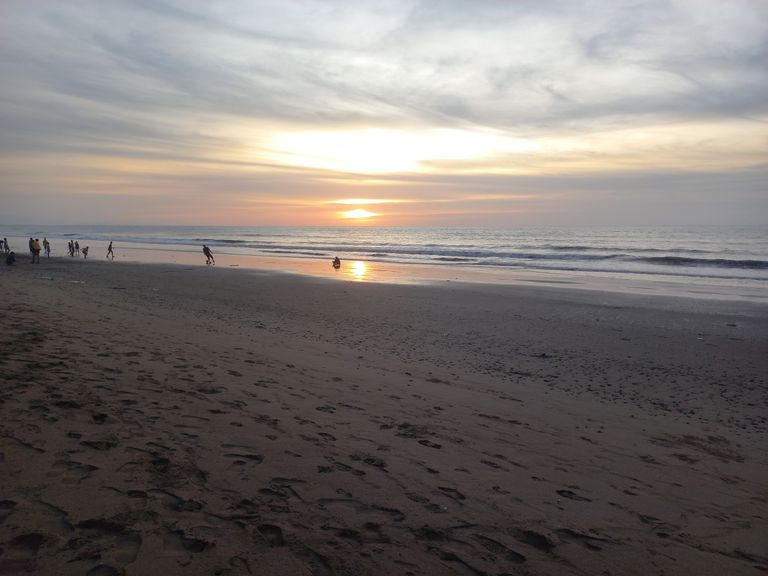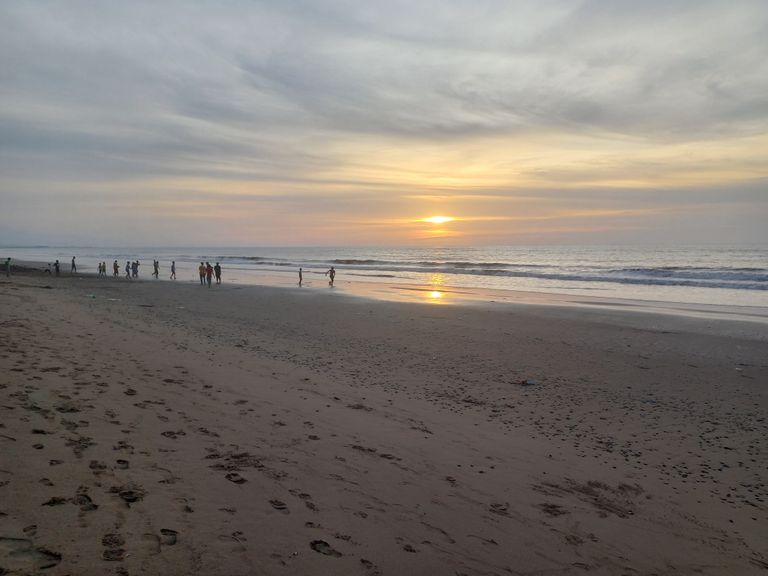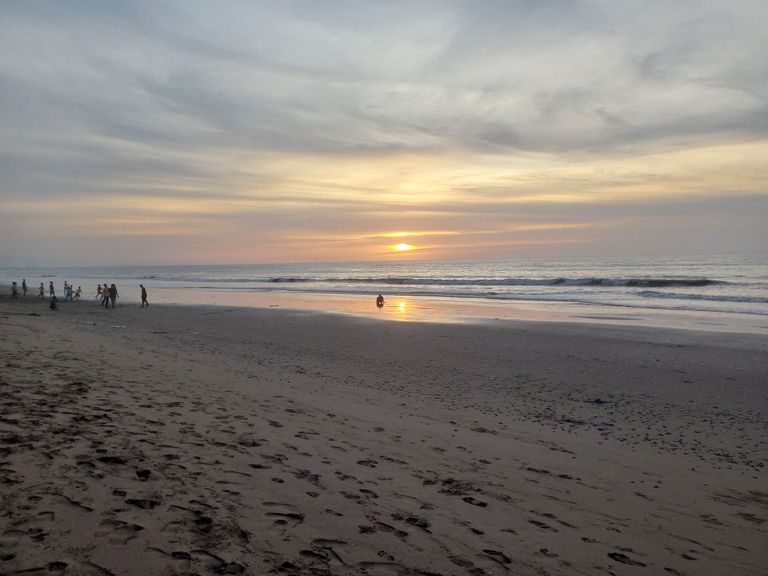
One day, three of us friends departed from Jakarta to Bandung. Since we are very familiar with the city of Bandung, when we get there we use the help of internet-based address instructions.
I was in charge of driving the car while the other two friends served as road navigators.
Each of them is so creative that they access a different application for directions. One uses Google and the other uses Waze. Then both of them directed the direction of the car that I was driving.
What happened? The two tools were not in sync. Arriving at the fork in the road, one friend directed me to turn left and the other directed me to turn right.

I am confused which one to follow. Who is right and who is wrong of the two applications that are known to be accurate? Should we be caught up in what is right and what is wrong? Why don't we get used to both being true even though they are contradictory? Or are both wrong?
Both are true although I have to decide quickly to choose there is one truth so that I get to my destination soon.
We are already taught that there is only one truth. We are not used to there being a lot of truth in one object because there are different perspectives on seeing an object.
Waze and Google are two directions applications that many people believe are accurate in directing us to find the address we want to go to. So why are these two directions different? Of course, because both have different perspectives because there are many roads to the destination address.
The same thing may be almost the same as we see the function of madhhab in religious rules. Or like the function of differences of opinion of experts in assessing an object.
So where are we? We should assume that everything is true even though we have to choose one of them and then prove empirically that our choice is indeed the truth by respecting the truth of others.
The greatness of humans in the function of human relations actually lies in the ability to acknowledge the existence of other people's truth even though we are not actually in that truth. The more we can interact with the differences -however steep- these differences, then we will be able to surpass the evolution of time.
